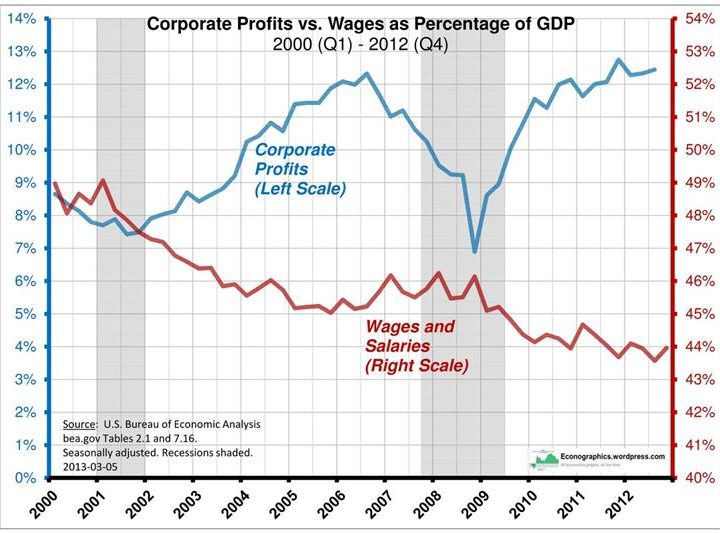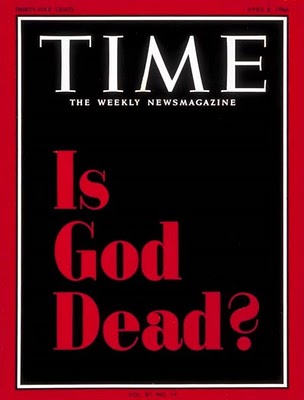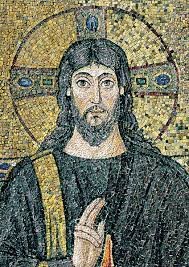The full title of this text is “why bad things happen to good people and why you shouldn’t let the dark moon of today block out the ever-glorious sun”.
Chances are that you might have contemplated this question. Why is it that supposedly good people sometimes must face undeserved bad things, and if we are bold to say, sometimes, evil things?
Many have contemplated this often-unanswered question, and today, I wish to share the perspective given in the 5th Century by St. Augustine of Hippo. St. Augustine reasoned that we must begin from the fact that good things happen to both good and bad people alike and that they also receive similar measures of bad things. This is the way of life; God in His mercies have granted rain both to the good and to the bad. Now, it is important to state that God is a good, good father, that’s who He is, and, in His mercies, He has loved us.
Notwithstanding, if God made a world where good things happened only to good people, then men would seek to be good not because they truly desire the good, but for the benefits of such; hence, covetousness. The bad also experience the good so that good men may not covet the things of this material world which some bad people no doubt boundlessly enjoy; there are no material blessings exclusively reserved for the good.
Also, if God made a world where there are no good rewards for good and bad reward for bad, we might resort to the conclusion that there is no divine justice at all. There is divine justice and the Judge doesn’t give His judgments in this lifetime alone. If God didn’t answer prayers and grant to men their requests, we could conclude that these are not at His disposal; and if He granted us all that we asked, we would judge that those are the only rewards of serving Him. Such graciousness will not make us godly but rather greedy and covetous. So, not all our prayers get answered and we don’t get punished immediately for most of our wrongs.
If bad people received the full weight of badness for their deeds in this life, they would desist more from the fear of the consequence than from genuine love for the good; the fact that good men also suffer bad things, helps bad men not to deviate so much from the bad.
The Purpose
The fact that they suffer the same fate doesn’t make the good man the same with the bad men, it is the same fire that refines gold that consumes rubbles. Therefore, the question is not the ill that is suffered but the man that suffers it. On the other hand, when a bad thing happens to a good person; when he shares an experience like those deserved for the wicked, he comes to a place where he will have to choose the good for its goodness and not for the reward of doing so; he is forced not to hold so much to the goods of this world. Consider the late Pius Adesanmi who died suddenly in a plane crash; in our weak humanity, we can almost imagine the men and women we would have gladly swapped for his seat on that fateful flight. However, think of it this way: “if he knew the nature of the end he would have come to, would he have been the kind of man he was”? I believe the answer is yes, in fact, he would have been a much better version of himself.
A good man is refined, made better by the bad things that happen to him; he is not lifted by the good things of this life, neither is he broken by its ills. A good person who is possessed by the uncertain riches/pleasures of this world is hurt sufficiently by his light evil to appreciate the wisdom of God in His advice not to lay up treasures in this world; he is afterwards comforted by the loss of his treasures and learns the wisdom on the right use of earthly goods.
When a good man is broken by the pain of this world, then we may be right to wonder if he really was a good man…St Augustine argued that a good man should ponder at the evil that had befallen him, to search his heart and see why it is God would have allowed such a thing to happen to him and to if necessary, repent. This in no way means that he must have erred to have deserved his ill; many times, there are no good explanations other than the fact that such is allowable in our universe.
A bad person on the other hand, is either led to repentance when confronted by the apparent consequence of his actions or is provoked to even more evil, therefore reinforcing his true nature; like Job’s wife advised – to curse God and die. In other words, the bad things that happen to the good and bad man alike to a large extent define their true nature. There is no one who has ever died whose destiny it wasn’t to die; hence, the commonality of death puts to rest any concern to the nature of death to which we would all come, rather, it buttresses the need to be certain of the kind of men we ought to be when it comes.
St. Augustine gave an example of Christian women who were raped by the barbarians that conquered Rome. He argued that though adultery (rape) had been committed and there were two participants, only one of them is guilty. Evil can happen to you without your active participation, yet it doesn’t always feel that way – hence, the rape victim feels ravaged, almost as if she had brought it on herself. St Augustine goes on to say that if this rape victim out of the sense of shame commits suicide, then she had committed murder out of her own pride.
So, in a way, the experience of evil demands humility for us to respond appropriately to it. Yes, it has happened – don’t curse God and die. Rather reflect on why such a good Father could allow such evil and you will understand the depth of human responsibility and God’s eternal system of Justice. The good man experiences enough good in this world to be assured of the good to come and to be convinced that there is sufficient reward for being good; he also experiences enough of the bad to be affirmed of his nature; the bad individual experiences enough of good to comprehend the natures of which God promises Him should he repent and enough of bad to lead him to either repentance or further revolt.
It is therefore true and most commendable, the statement by Apostle Paul, that the sufferings of this present time are not worthy to be compared to the glory that will be revealed in us.
Bow Down and Die?
Should a good man then succumb to the evil that has come to him and accept it? No, evil, regardless of its work in us is utterly vile and reprehensible; the enemy seeks to kill and to destroy. The good man has a godly duty to resist the devil, to engage with all the weapons of the spirit to resist the operations of evil in his life; however, he does this not by becoming like the evil that has found him but by being goodlier. He must overcome without being overcome; he must search his heart, repent of every sinfulness and after his obedience is complete, be ready to punish every disobedience. He must be as gentle as the dove, yet as wise as the serpent; wisdom is seen in the ability to escape the vile and sometimes we escape not before the harm is done, but even after much harm is done.
The consolation of the good man is that beyond this life, God can make all things work together for the good of those that love Him; the evil that has befallen the good man, nonetheless.
The Close Moon and the Distant Sun
The sun is about 400 times larger in diameter than the moon, hence, it is much larger, however, the moon is closer to the earth (us) by a factor of 400, so, this very small moon can block out the sun to cause an eclipse. Bad experiences are like the moon, they can make us lose sight of the other bigger set of good experiences – the sun. Even in an eclipse, however, we are never in doubt that the sun is still there; and with it comes the dawn. David wrote in Psalm 34, “I will bless the Lord at all times, His praise shall continually be in my mouth”. Somehow, the young Psalmist figured out that despite the proximity of the moon – even in a total eclipse – we can be certain that the Sun is always there. May the blessings of God be yours.
God bless you.
















